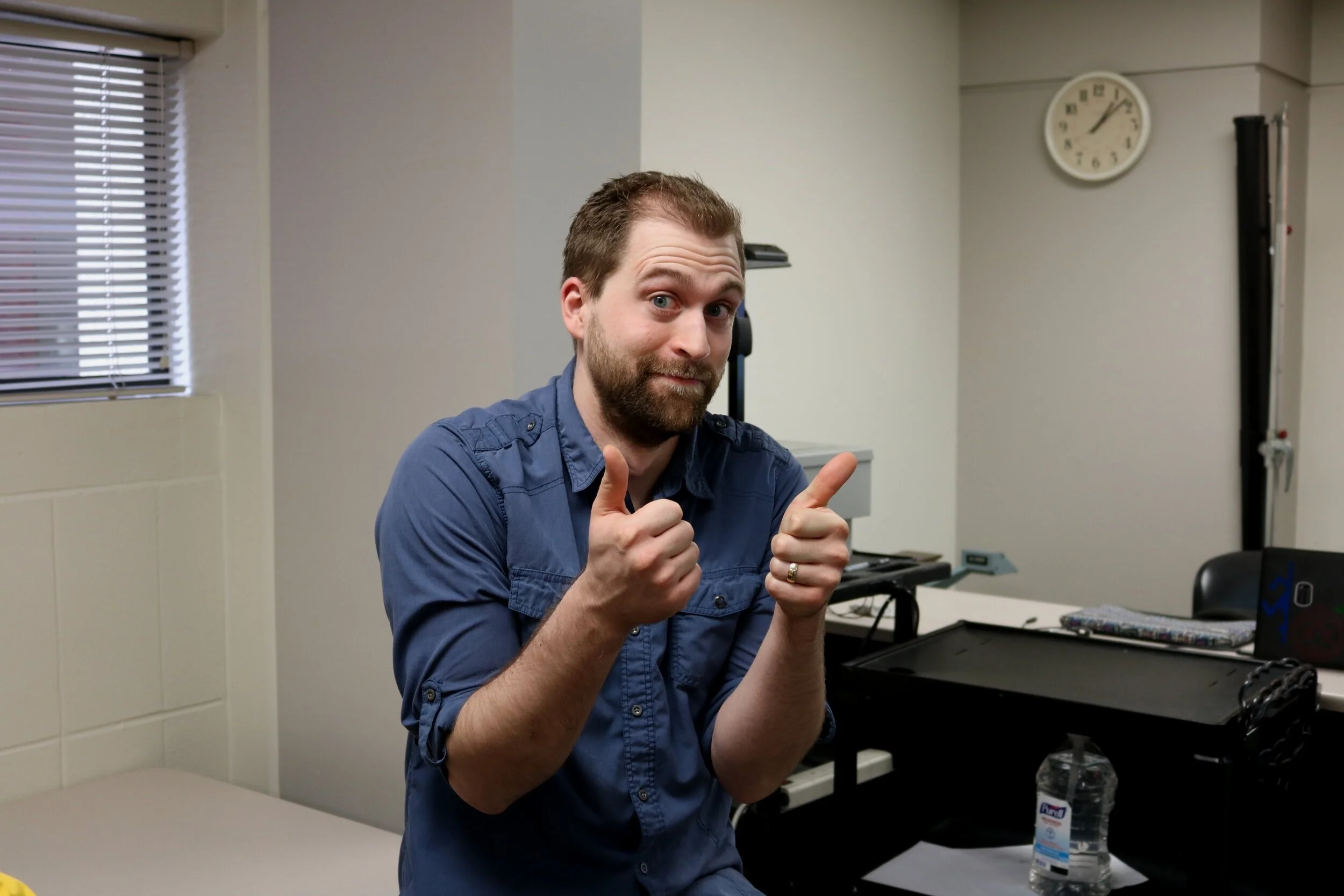Finding Your Interests

Identifying interests is not always that easy. You are a dynamic, complex individual who isn’t just into 3 things. Your interests will change over time and often based on who is/was involved. Often things sound interesting until you actually try it and realize something about just isn’t for you. A few suggestions as you get started finding your research interests:
1. You have to start somewhere, whether there’s a clear starting point or not
2. Trying something doesn’t mean you have to do it forever
3. Embrace your own changing interests
4. Give things a fair shot…learning curves in research are always steep
5. Above all, reflect on yourself and how those potential interests fit with who you know yourself to be
Research areas
There are too numerous research areas to look at them all, weigh the pros and cons, and then make a selection. You can start by thinking about the interesting things you learned in classes, what you feel you good at, topics you find yourself reading about, and your personal motivations to work in different research areas. This will be rather vague an ambiguous to start, but even narrowing to a few areas of interest will help. Take a look at How to Join a Lab to be guided through the next steps and Types of Lab Experiences to learn more about different styles of research.
Getting short-term opportunities
Even before you engage in a multi-year undergraduate research experience, there may be ways for you to “try out” a potential research experience. You could consider asking a graduate student in a lab of interest if you could shadow them for a few days to see what the day-to-day is like in a particular lab. You could look up and watch JOVE videos about different techniques that a potential lab of interest may use to see if you get excited to learn how to do such a thing. You could ask a peer who is already working in a lab to talk you through the details of what they do. You could try a lab out for a semester to see what it’s like.
Most people don’t have the chance to try out a research area before they start, so if you can manage do so in some creative way, this may let you identify a potential research area of interest (or rule one out, which is equally as valuable).





